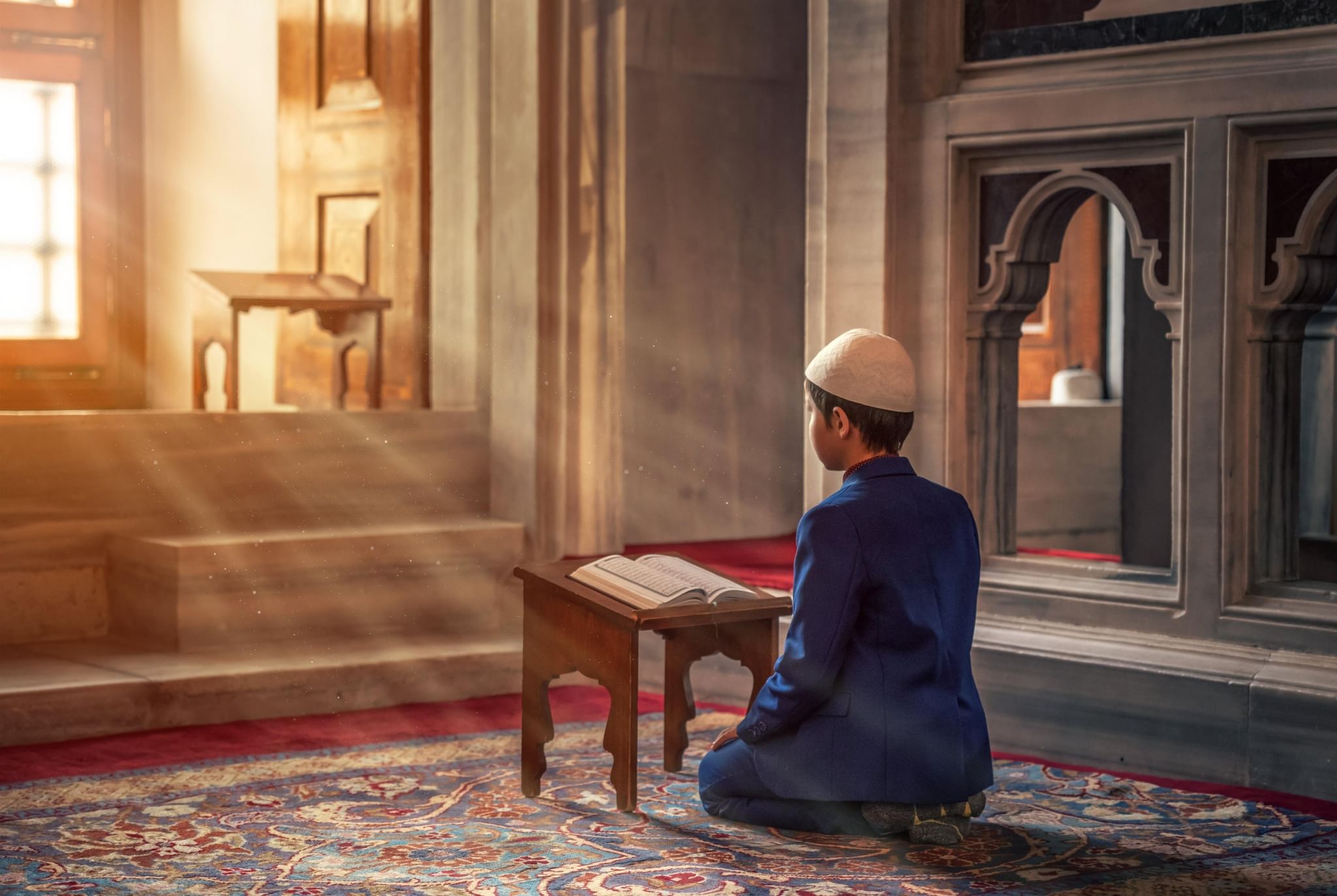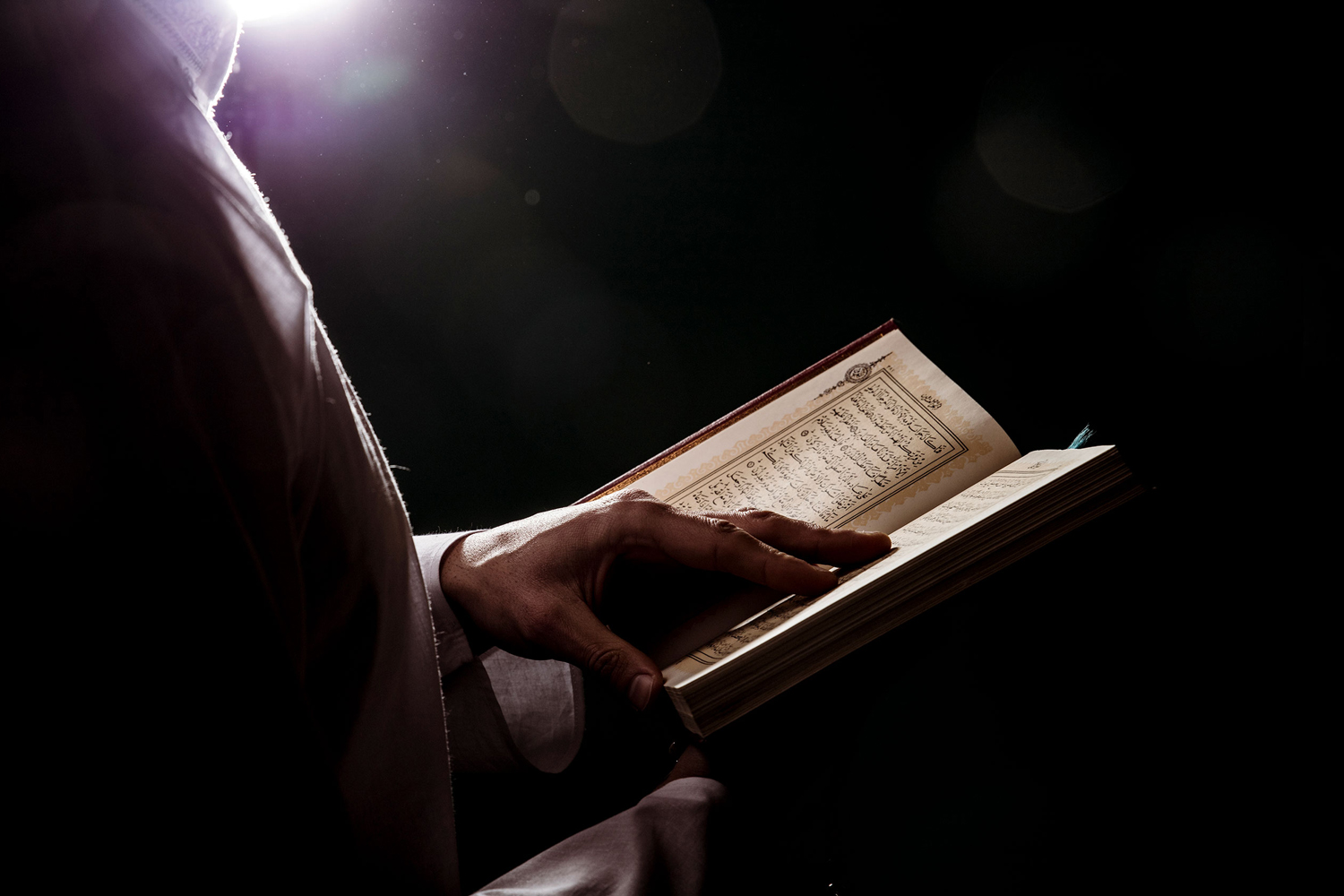- +201040914066
- info@quraaany.com


Many Muslims inquire about the relevance of the Quran and prayer since, according to Islam, it is a source of warmth and light that Allah, the Merciful, bestows onto humanity. Even the hardest hearts can be moved by its unmatched cleansing power and straightforward, honest words.
The Quran provides Muslims with essential direction, meaning, and spiritual uplift; it serves as a divine road map for worshiping Allah in ways that please Him, placing a strong emphasis on following His instructions and abstaining from His prohibitions.
We shall go extensively into the significance of the prayer and Quran in this essay at Ramadan and all the time. Read it now!
Quran and prayer
Ramadan, the ninth month of the Islamic lunar calendar, is particularly significant to Muslims as a time of faith, self-control, and camaraderie. It is an era of great importance since it was at this time that Prophet Muhammad ﷺ received revelations from the Quran, the holy book of Islam. So alot of people search for the Quran and prayer in Ramadan and all the time.

Muslims devote themselves to self-purification and devotion throughout Ramadan, refraining from food, drink, and material cravings from sunrise to sunset. Fasting throughout this auspicious month is a significant spiritual activity that aims to cultivate piety, gratitude, and empathy, in addition to being a physical exercise of self-control.
During this period, the soul seeks sustenance via prayer, introspection, and charitable deeds, becoming closer to Allah and living out Islamic principles.
Using information from the Quran and pertinent Hadiths, let’s explore Ramadan benefits that every Muslim should be aware of in this post. Every blessing, from the Quran’s revelation to the very meaningful Laylat al-Qadr (the Night of Decree), serves as a reminder of the kindness and direction that God has shown Muslims during this holy month.
The Meaning of Salah: Dissecting the Procedures
Quran and prayer, which consists of several specified activities and recitations, is a ritual of spiritual and bodily cleansing. For Muslims who want to have a deep relationship with their Creator, it is essential to comprehend the procedures involved in doing Salah.
- (Taharah) Getting Ready
Muslims must conduct ablution (Wudu), a ceremonial cleaning of the body and spirit, before Salah. This act of cleansing represents the willingness to stand in humility and respect before the Divine.
- (Niyyah) Intention
The worshipper reaffirms their commitment to carrying out this holy duty exclusively for Allah’s sake by consciously choosing to do Salah with sincerity and dedication.
- (Qiyam) Standing
As a sign of unity and obedience to Allah’s will, the worshipper stands erect at the start of the salah, facing the Qiblah, or the direction of the Kaaba in Mecca.
- (Tilawah) The recital
During Salah, worshipper recites passages from the Quran in which they praise and honor the Almighty, ask for His pardon, and beg for wisdom and mercy.
- (Ruku) Bowing
The worshipper acknowledges Allah’s majesty and thanks Him for His innumerable benefits by bowing down before Him in a show of humility and submission.
- (Sujood) Submission
The pinnacle of Salah is the prostration, in which the worshipper touches the ground with their forehead, nose, palms, knees, and toes as a sign of total humility before the Creator.
- (Taslim) Conclusion
As the prayer is finished, the worshipper gives peace greetings to the angels on their right and left shoulders during the Taslim, which comes after the recital of the Tashahhud.

Read More: Ramadan blessings
Salah’s significance in the Quran
The following passages in the Quran highlight the significance of salah:
- Handling adversity: In addition to patience, turning to Salah helps Christians cope with life’s challenges and temptations.
- Avoiding impropriety: Prayer that guards the believer from committing abominations and fortifies their faith is considered true prayer.
- Receiving incentives: One of the good activities that believers who execute regularly might reap blessings for is salah.
- A characteristic of believers: Regular prayers are offered by believers who carry out good deeds.
Why Do the Quran and Prayer Matter in Muslims’ Daily Lives?
It is impossible to exaggerate the significance of the Quran and prayer in Muslims’ daily lives. Many Muslims find it difficult to integrate Islam into their everyday routines, even if they are aware of its importance.
Muslims frequently place a higher priority on the financial and physical parts of life to maintain personal harmony and the well-being of their families, yet failing to maintain our spiritual equilibrium can have serious consequences.
Worship, which mirrors life energy, tranquility, and motivation, is how spiritual satisfaction is attained.
We are reminded of the real meaning of existence and our eventual return to Allah via the study, interpretation, and comprehension of the Quran.
Prioritizing the Quran in day-to-day activities offers a foundation for handling other issues and achieving genuine contentment.
It keeps the Quran at the center of our lives by helping us hone our moral character in interpersonal and professional interactions.
The Quran also outlines Allah’s prohibitions and directives, guiding us in worshiping Him as He pleases.
Correct worship of Allah is possible when we constantly work to adhere to these rules and refrain from prohibited behavior.

Advice on how to continue the Quran and prayer performing consistently
Muslims must pray, or salah, consistently to maintain their faith and deepen their relationship with Allah. The following useful advice can help you do Quran and prayer consistently:
- Create a Routine: Every day, establish precise hours for each prayer and observe them. Salah might become ingrained in your everyday routine if you have a consistent plan for it.
- Utilize Reminders: To help you remember when it’s time to pray, set alarms or use prayer applications. You can stay on course with the aid of these reminders, particularly on hectic days.
- Establish a Prayer Space: Set aside a spotless, quiet space in your house for prayer. You can stay focused and pay attention during Salah if you have a specific area set out for prayer.
- Seek Assistance from Others: I strongly advise being in the company of Muslims who value Salah as much as you do. Spending time with like-minded people can inspire and motivate you to continue praying consistently.
- Consider the Spiritual Benefits: Keep in mind the serenity and spiritual sustenance that Salah offers you. Your dedication to regular prayer might be strengthened by considering the significance of Salah.
You may strengthen your relationship with Allah and establish a regular Salah habit by adhering to these easy guidelines, which will enhance your spiritual development as a Muslim.
Conclusion about the Quran and prayer
In a nutshell, of Quran and prayer, those who learn and read Quran regularly are familiar with the importance of Salah and how strongly has Allah Almighty emphasized on it and explained its importance to the people in Quran. A Muslim must realize that above anything, Salah is an obligation, and every Muslim has to fulfill his or her obligation.